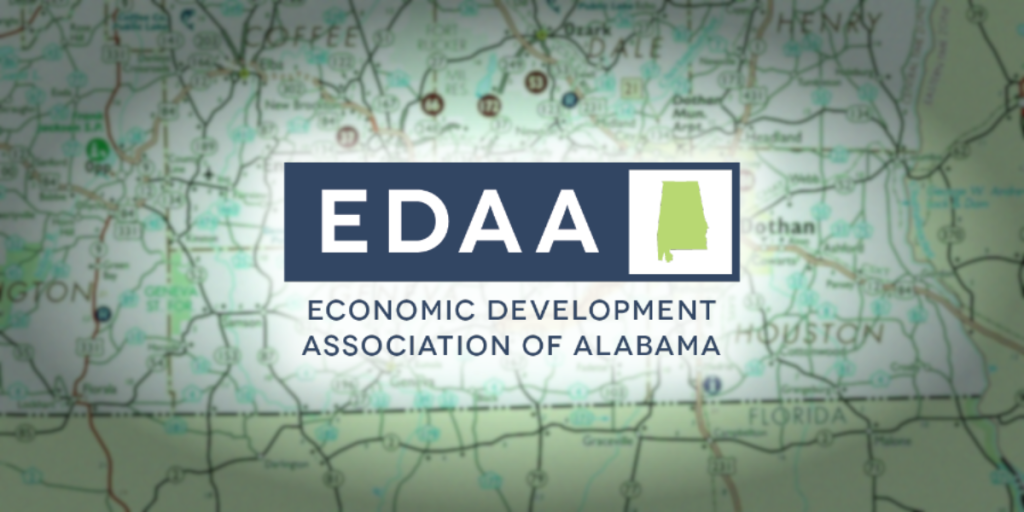
Media reports about a proposed bill in the Legislature called the Alabama Jobs Enhancement Act are creating a false picture about what this important piece of legislation will do and obscures why it’s needed to maintain Alabama’s momentum in economic development. First of all, HB317, as it’s known, will not open the flood gates and allow public officials across Alabama to profit from their office in the name of “economic development.” Second, it’s not part of a campaign to weaken Alabama’s ethic laws. In fact, the Alabama Jobs Enhancement Act does not change or amend any of the key provisions regarding economic gains or gifts in the state’s Ethics Act.
Rather, the main purpose of HB317 is to provide clarity to professional economic developers in Alabama who today are concerned about a gray area in their activities. Most significantly, it clarifies the definition of lobbying for economic developers working in chambers of commerce and similar organizations on bona fide economic development projects – with real jobs and capital investment for communities. It doesn’t alter any rules regarding traditional lobbying for these organizations. The bill merely spells out that, for these professionals, legitimate economic development activity – in particular, discussing incentives tied to a project – does not qualify as lobbying. Questions about this have risen all the way to the Ethics Commission, and many economic development professionals around the state are concerned about unwittingly running afoul of the state’s ethics laws while simply doing their jobs. In short, the Alabama Jobs Enhancement Act aims to remove a problem that threatens to have a chilling effect on above-board economic development activities that have brought major job-creating projects to the state.
In addition, HB317 would enhance transparency and accountability in economic development in Alabama, not the other way around. The new law would require economic developers around the state to notify the Alabama Department of Commerce when they have a project seeking tax abatements, an action not required now. It would also require that the Commerce Department be notified when incentives are being sought under the Alabama Jobs Act and other new laws. And it would require the Commerce Department to disclose project information no more than two years after a location announcement; today, that doesn’t have to happen at all.
I and the 500 professional members of EDAA and the local communities they represent think it’s critically important to clear up the misinformation about this bill, which is broadly supported in Alabama’s economic development community. Ask yourself this: Why would the state’s economic developers really support a bill that gives public officials a chance to profit from illegitimate economic development activities? Of course, the answer is they wouldn’t. If that took place, it would kill economic development in Alabama, and put us all out of work. But just to make the intent of HB317 crystal clear, an amendment to the bill will be offered that states clearly that elected officials cannot conduct lobbying activities designed to enrich themselves under the cloak of economic development.
With this issue clarified, it is our hope that lawmakers will pass HB 317 so that local economic developers across this state can continue growing Alabama’s economy without fear of unnecessary legal liability.
Jim Searcy
Executive Director
Economic Development Association of Alabama












